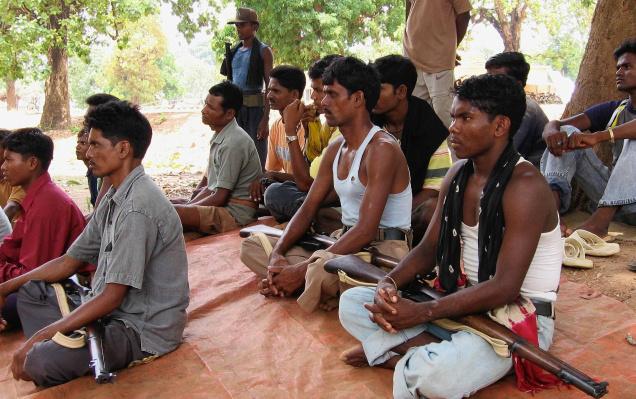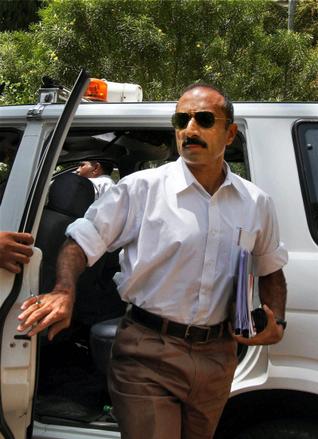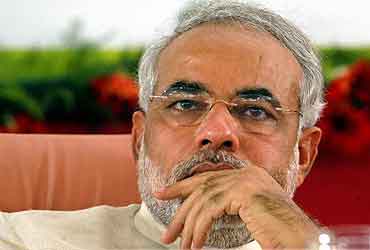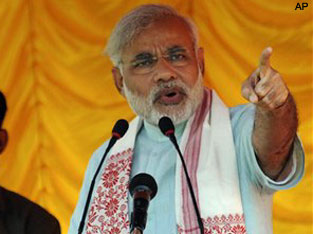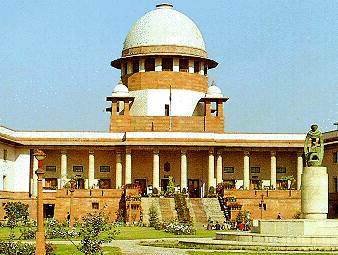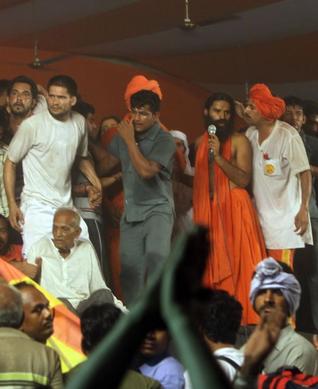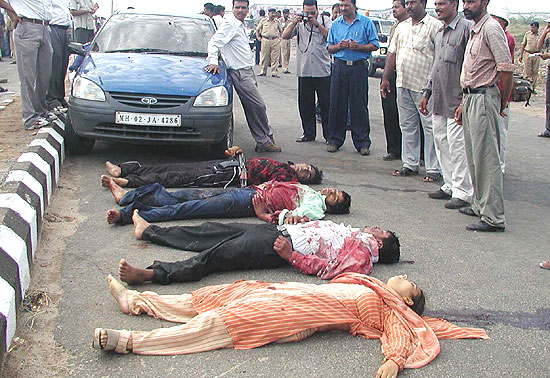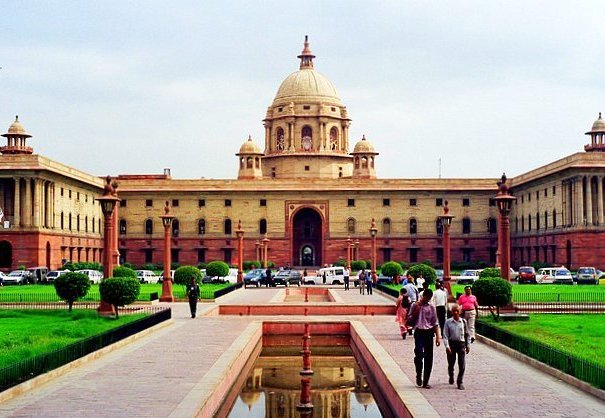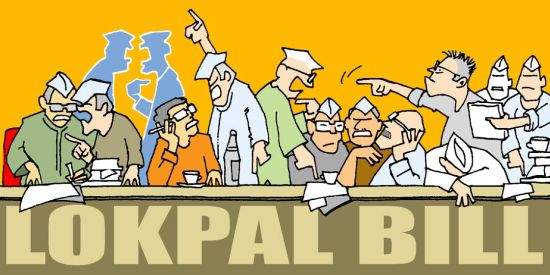Center to Decide on Seeking Review of Recent SC Ruling on Disbanding Salwa Judum
BeyondHeadlines News Desk New Delhi: The centre will in the next few…
Supreme Court Seeks Gujarat Govt’s Response to Bhatt’s Plea on Case Transfer
BeyondHeadlines News Desk New Delhi: The Supreme Court today sought the Gujarat…
SC Refuses to Share Copy of Amicus Curiae Report with Gujarat Govt
BeyondHeadlines Staff Reporter New Delhi: The Supreme Court yesterday dismissed Gujarat government’s…
Report on Modi’s Role in Gujarat Riots Handed Over to SC
BeyondHeadlines News Desk New Delhi: A report on the role of Gujarat…
SC Rejects Plea of 50 Gujarat Bomb Blast Accused
BeyondHeadlines News Desk New Delhi: The Supreme Court today rejected the plea…
Apex Court Issues Notice to Govt Seeking Response on Eviction of Baba Ramdev Within 2 Week
BeyondHeadlines News Desk New Delhi: In a major development, the Supreme Court…
Late-Night Crackdown at Baba Venue, Police Fire Tear Gas, Take Ramdev out of Ramlila grounds
SANJAY K. JHA AND PHEROZE L. VINCENT New Delhi: Baba Ramdev was…
Apex Court Stays SIT Investigation Into Ishrat Jahan ‘Fake Encounter’ Case
BeyondHeadlines News Desk New Delhi: The Supreme Court yesterday stayed the probe…
SC Upholds Life Sentence of 10 Delhi Police Officials Accused of Killing 2 in Fake Encounter in 1997
BeyondHeadlines News Desk New Delhi: A Supreme Court bench comprising Justices…
Govt Holds Strategy Session to Discuss Line of 5 Ministers in Lokpal Bill Panel
BeyondHeadlines News Desk New Delhi: The government held a strategy session to…

